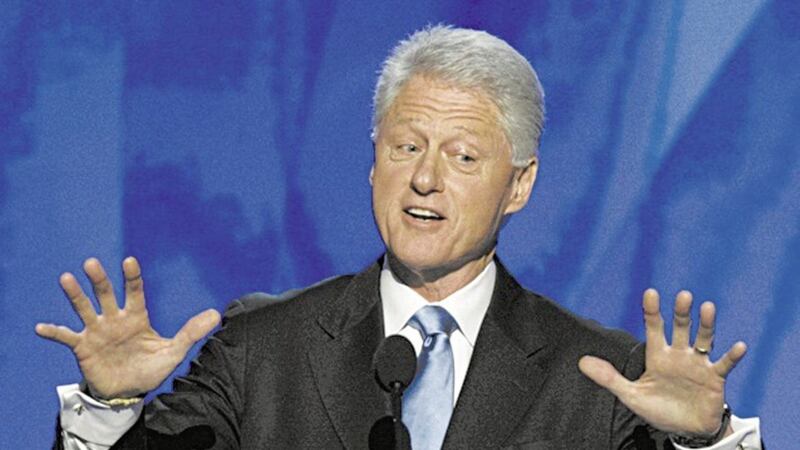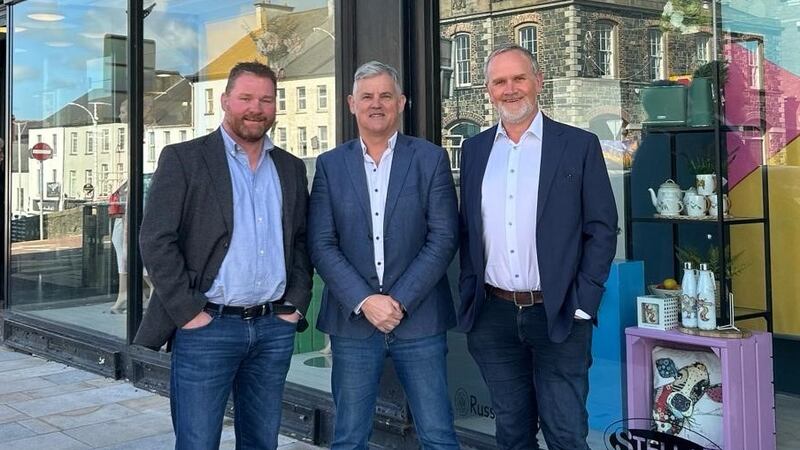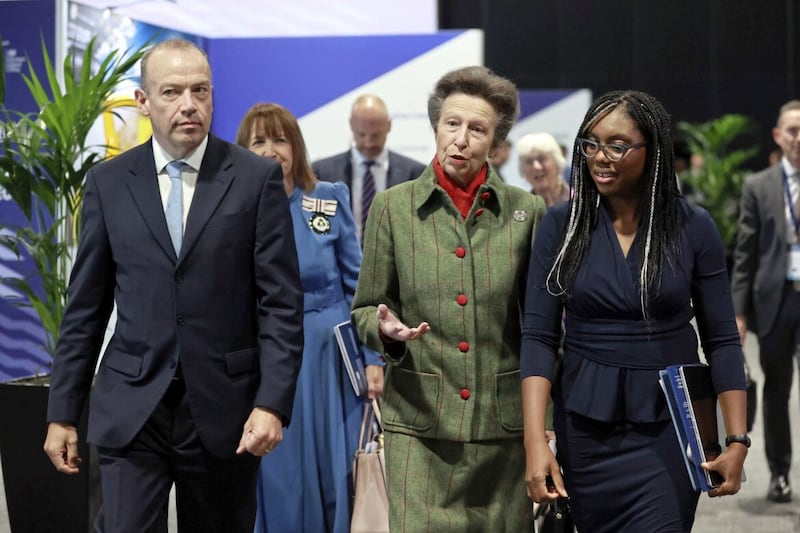JAMES Carville, the lead strategist in Bill Clinton’s election campaign in the early 1990s, is reported to have hung a message on the wall of the campaign headquarters that read “it’s the economy stupid” to keep Clinton’s team on message.
And indeed, in the US election of 1992, it was the country’s weak economic performance that unseated George H Bush from office and replaced him with Bill Clinton. Carville’s phrase is now frequently used to remind politicians to not forget the consequences of ignoring the economy. Ultimately, long-term political success comes down to sustainable economic growth - creating the right conditions for investment, job creation and improving households’ living standards.
Over the last two weeks the UK has faced increased political upheaval. Despite the UK Government managing to sign off a Withdrawal Agreement with the EU and getting it ratified in Europe over the weekend; the UK itself remains divided on where the country has landed after more than two years of Brexit negotiations.
Of course, getting a withdrawal deal and those high-level principles agreed on the UK/EU future relationship was always going to be an extremely difficult task for any government. That is because in June 2016 people were asked to vote on Brexit without a clear picture of what a future relationship might look like. For example, most people will struggle to explain precisely what a customs union is or how changes to the UK’s global supply chains, regulatory rules, tariffs and quotas, will impact their employer’s balance sheet. Or their employees.
Compromise has always been the only option – whichever end of the Brexit spectrum you may be - but with compromise comes some level of disappointment.
So, after much deliberation we have finally reached a compromise with the EU. For the business community, the UK’s Government’s Withdrawal Agreement allows us to move back from the cliff edge of a ‘no-deal’ scenario, which would leave UK businesses staring into the abyss on March 30 next year. It allows for a smooth transition period, giving businesses vital breathing space to adjust over time. It gives certainty to EU citizens living in the UK and it also gives certainty to the Northern Ireland business community, farmers and those interested in maintaining peace that there will be no hard border across the island of Ireland.
If passed, this agreement allows the UK to move on to the next stage of the negotiations where business is clear frictionless trade, ambitious access for services and a say over future rules are the yardstick for what good looks like.
Yes, there has been undoubted progress made around what has been a virtually impossible task - but hard work still lies ahead. The agreed 20+ page vision around future trade needs to become a detailed 2000-page agreement that secures trade and jobs.This deal is not perfect and indeed there are more issues that will need to be ironed out in the months ahead.
For example, access to EU and international workers is a hugely important issue for the business community in Northern Ireland. A recently published CBI Northern Ireland report entitled “All Together Better” sets out the potential economic damage for this region if companies cannot access the people and skills that they need. It is our view that the debate on immigration with government is far from over.
Be in no doubt that there will still be plenty of ups and downs in the coming weeks as the House of Commons vote looms. No one knows quite what the weeks ahead hold, but, like Mr Carville, it is up to our elected representatives to put the long-term health of our economy first at every step. That’s why listening to evidence from the business community about how they’re already being affected by Brexit is so important.
:: Angela McGowan is the CBI Northern Ireland director








